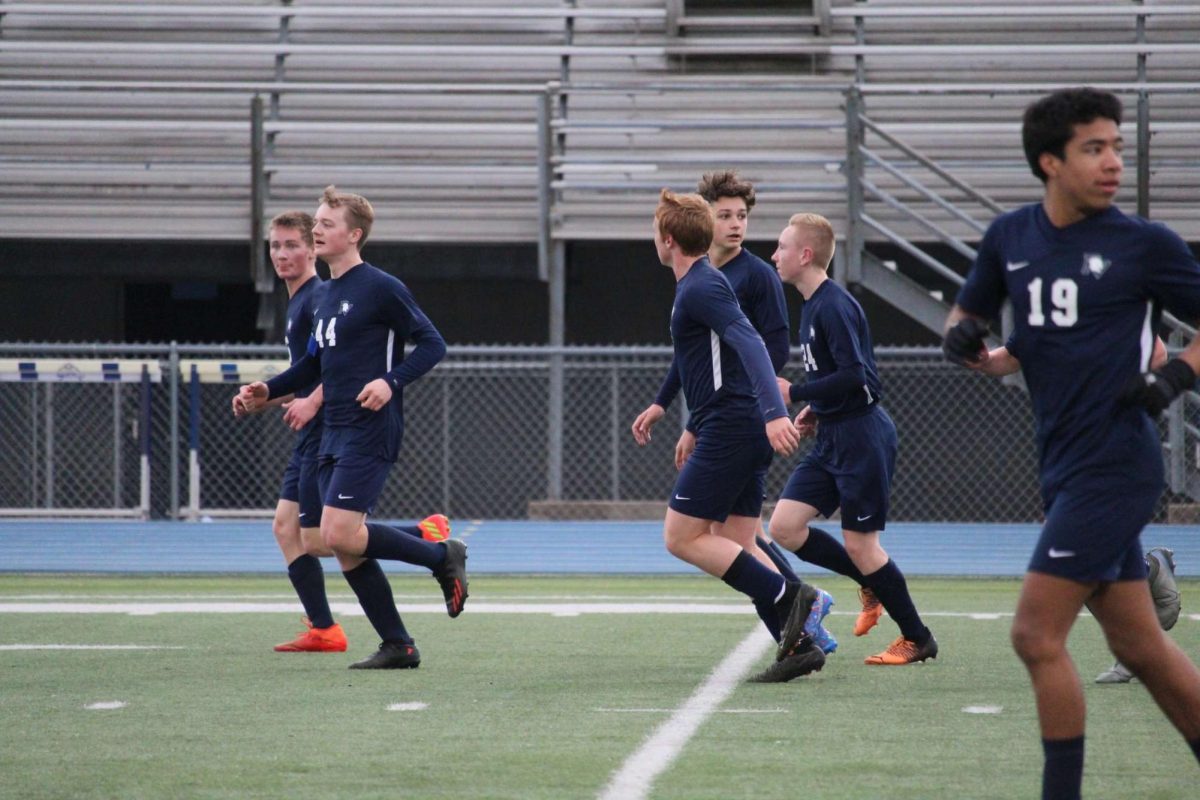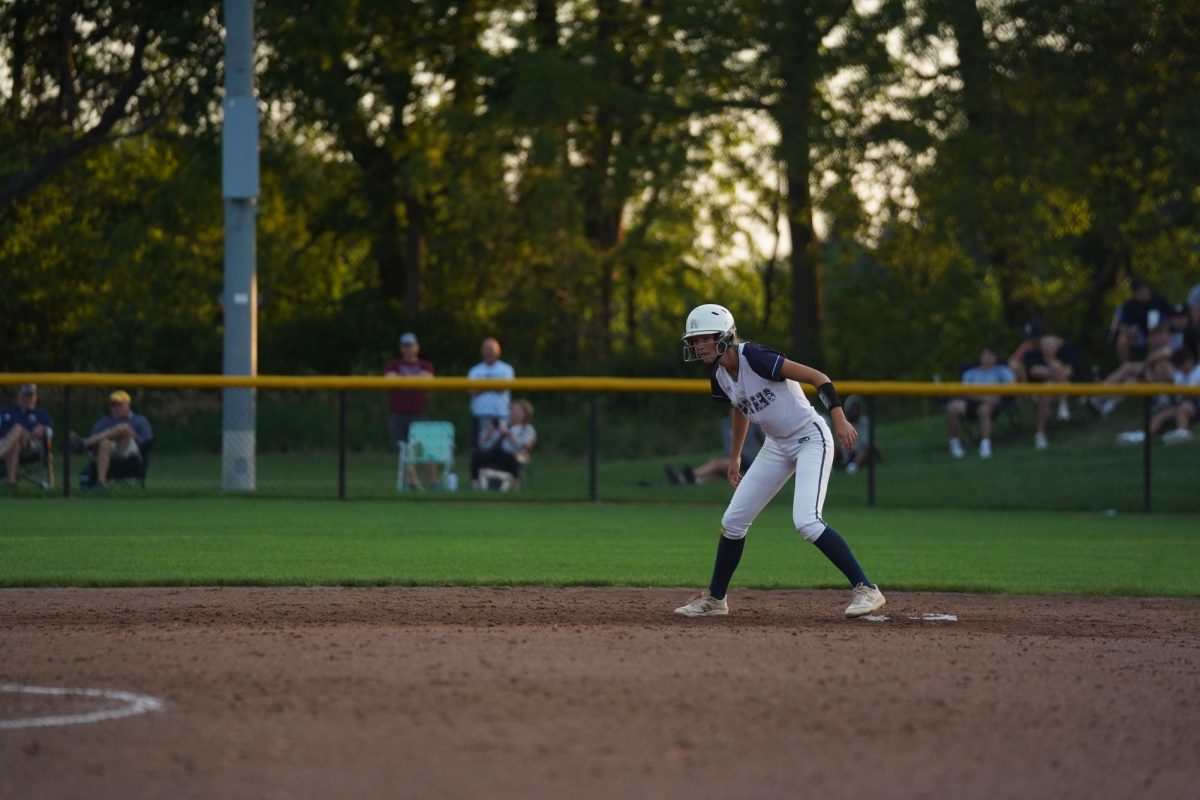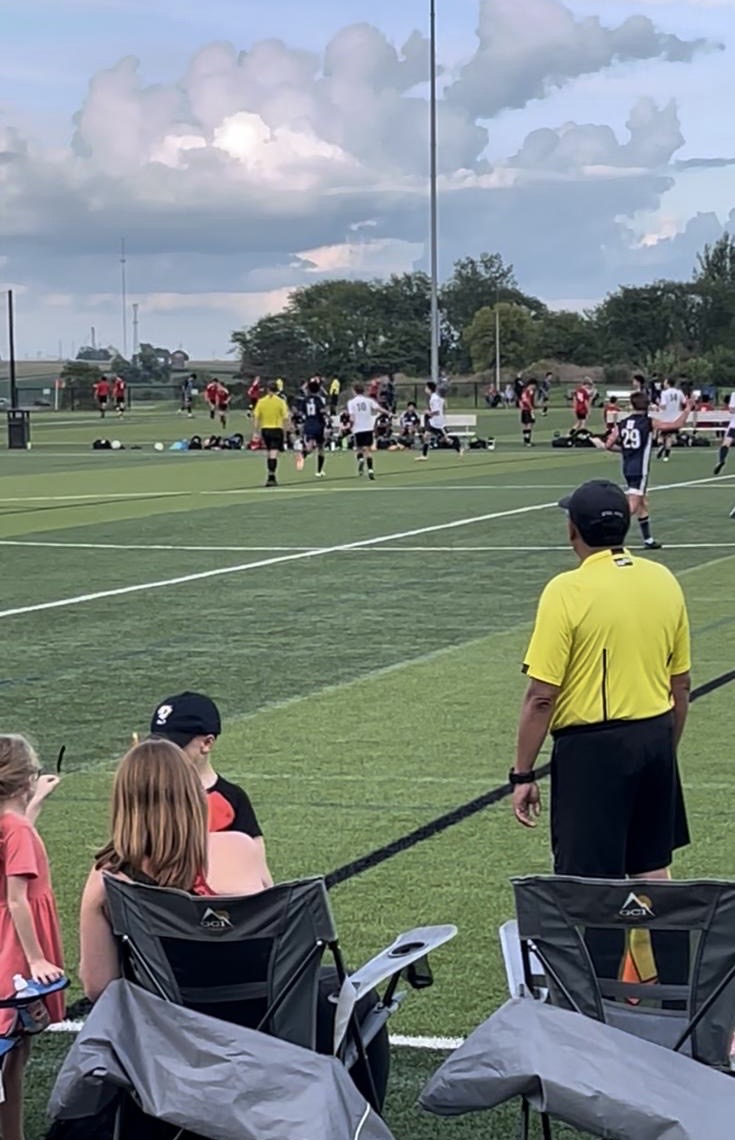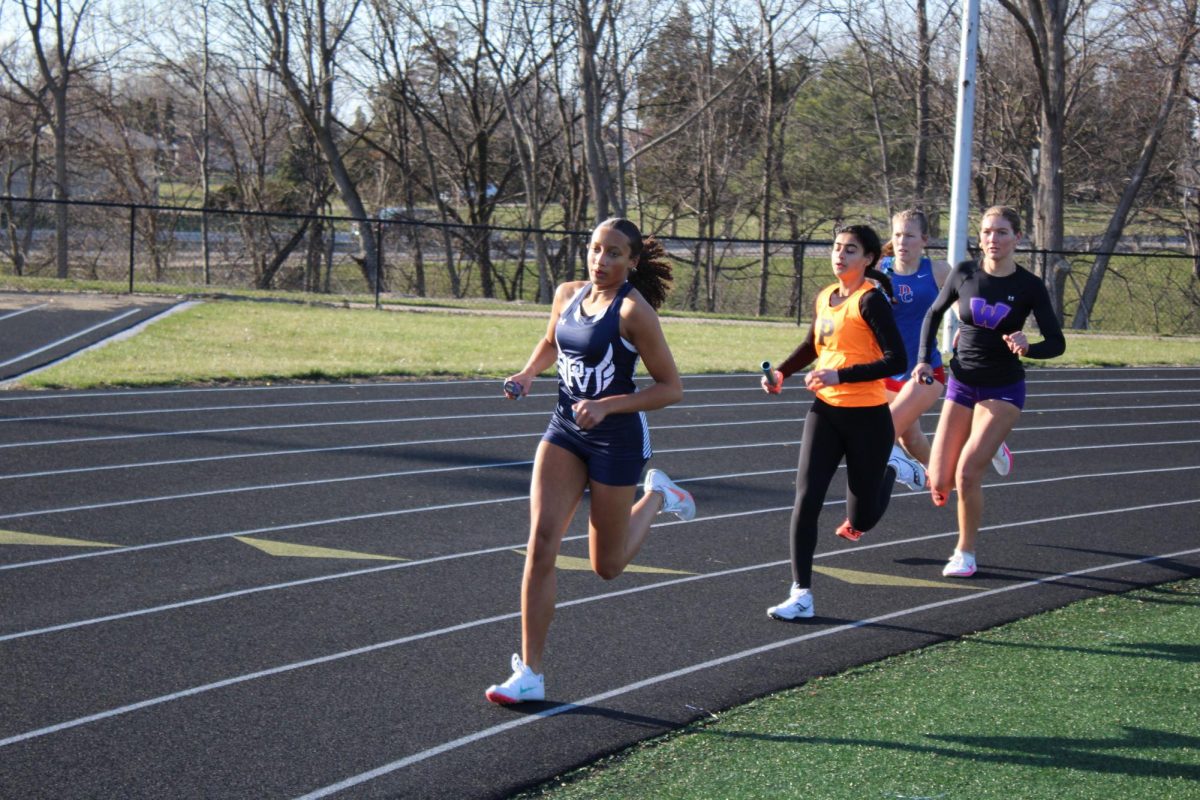Junior Varsity (JV) sports teams are an important piece of most high school sports teams. They have a variety of essential functions, yet many undervalue or completely disregard the contributions they make for the team.
JV teams are the sub-varsity level for high school teams. They are made up of mostly sophomores and juniors, with the occasional freshman or senior. JV teams provide players with opportunities to play at a level higher than freshman or sophomore teams, but still at a level where players are challenged without being overwhelmed or risking injury.
One of the main purposes of JV teams is to prepare players for the physical and mental intensity of varsity competition.
Including a step between freshman/sophomore and varsity teams allows players to acclimate to the intensity of higher levels. “JV has helped me to work on my speed, and allowed me the chance to continue to practice, and get better setting me up for varsity at the end of the season, or next year,” explained junior cross-country runner, Parker Millage.
One of the main concerns for high school coaches is the dynamic nature of their teams. JV teams allow them to develop future players for the program as their current players only have four years.
But JV teams have many benefits for the current team and are not only used to prepare for the future of the program. “A quality junior varsity team will be able to challenge the varsity team at practice and support them during games,” expressed varsity girls soccer coach, Andrew Piotter.
JV teams also contribute to building mental strength and character in its participants. “JV teams allow for more people to learn important characteristics from playing on a team sport. This includes cooperation, teamwork, leadership, communication, and hard work. This is important especially in schools like ours with competitive varsity teams,” explained Millage.
Having JV teams is an important asset for high school coaches too, as coaches use these teams to find new talent. JV teams allow older players to prove their worth. JV is also important in allowing talented underclassmen to show their coaches why they should be brought up to the next level.
Piotter has found JV teams are important for “allowing players a place to develop and succeed.” He views the JV team as a place for “younger, less skilled, or bubble players to be challenged and become successful” as they try to advance to the varsity team.
Occasionally, JV teams can have negative effects, especially to the team’s culture. Oftentimes, players view the JV players as being inferior or unimportant. This can lead players on the JV teams to be discouraged about themselves and the team. Some also get angry at coaches, thinking that being on the JV team is a punishment or unwarranted.
These feelings require attention from coaches so morale is high. “The challenge with a JV team can be keeping players engaged and hungry to compete. It’s important to provide examples of players who have worked their way up and follow through when players earn the opportunity to play with the varsity team to help keep these players motivated,” said Piotter.
Many look down on JV teams as not being good enough to compete with varsity players, but the purpose JV teams fulfill is essential to the success of the program. By providing a place for players to develop and prepare for varsity sports, coaches and players ensure the success of the entire high school team.










